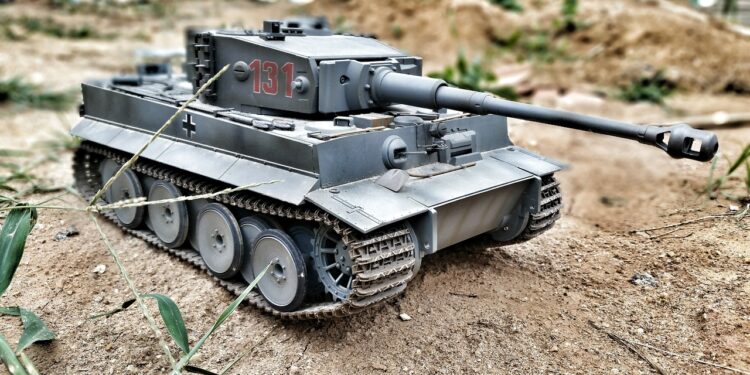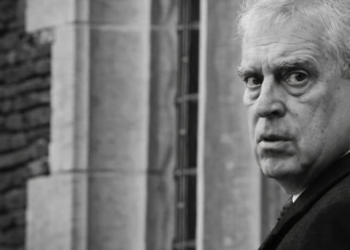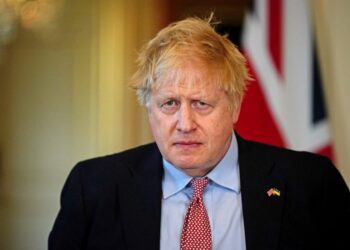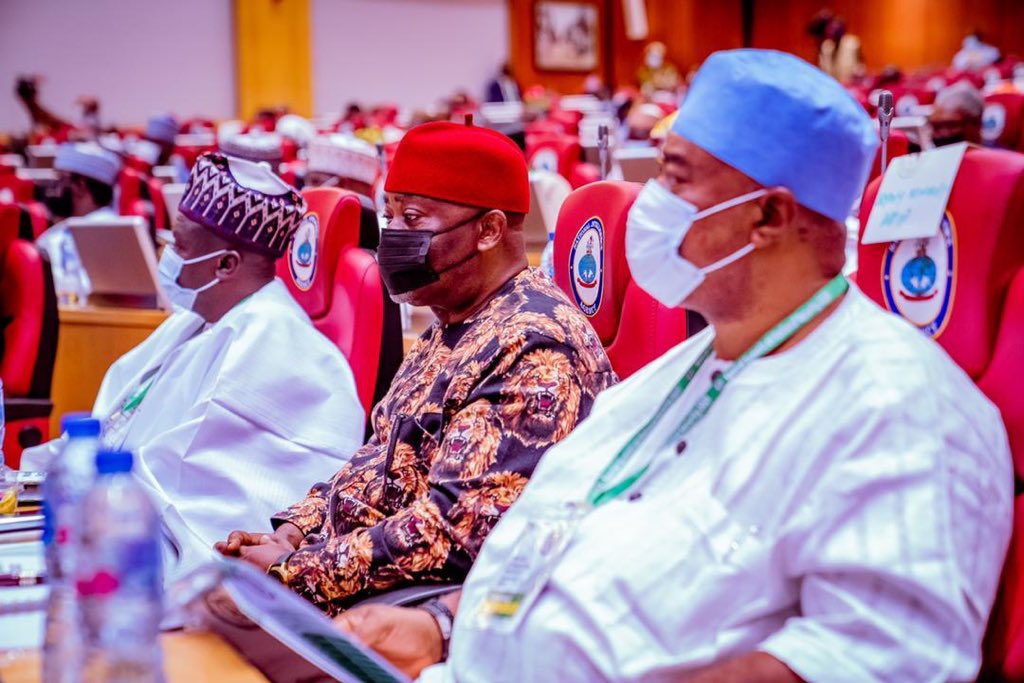On Friday, an influential aide to Russian President Vladimir Putin alleged that the West and the U.S.-led NATO alliance had helped plan Ukraine’s surprise attack on Russia’s Kursk region. The accusation, although strongly denied by Washington highlights the growing tensions in the war in Europe and the possibility of an escalation caused by the recent incursion of Ukraine in Russian Territory, a first of its kind since the World War Two.
The surprise attack, which began on August 6, saw thousands of Ukrainian troops crossing Russia’s western border, marking a major embarrassment for Putin’s military. Ukraine justified the incursion as a necessary move to compel Russia, which invaded Ukraine in February 2022, to engage in “fair” peace talks. However, Western powers, particularly the United States, have distanced themselves from the operation, stating that they were not informed in advance and did not participate, despite reports that U.S. and British-supplied weaponry was used.
Patrushev Blames West for Orchestrating Incursion, U.S. Denies Involvement
However, a veteran Kremlin hawk, Nikolai Patrushev has dismissed U.S denials in an interview with Izvestia, claiming that the operation in the Kursk region was planned with NATO and Western special services’ involvement. Patrushev’s remarks, though lacking concrete evidence, imply that Ukraine’s bold move into sovereign Russian territory carries a high risk of escalation, potentially drawing NATO into a more direct confrontation with Russia.

The strategic implications of this incursion are profound. By penetrating Russian territory, Ukraine has not only exposed vulnerabilities in Russian defenses but also shifted the narrative of the conflict. For over a year, Russia has portrayed its invasion of Ukraine as a “special military operation,” designed to protect Russian interests and counter Western aggression. The Ukrainian attack on Kursk challenges this narrative, highlighting the limitations of Russian military power and suggesting that Ukraine, with Western backing, is capable of striking deep into Russian territory.
Kremlin Faces Pressure from Hardliners
Putin’s response to this incursion will be critical in determining the future course of the conflict. While Russia’s Security Council, led by Putin, convened to discuss “new technical solutions” for the war, the attack on Kursk has likely emboldened hardliners in Moscow who advocate for a more extensive military campaign. However, Putin faces a difficult choice. Expanding the war risks further destabilizing Russia and provoking a stronger response from NATO, which has so far been cautious in its involvement to avoid a direct conflict with Russia.
The Kursk incursion also raises questions about the sustainability of Russia’s war effort. Despite Russia’s numerical superiority and territorial gains in eastern Ukraine, the attack reveals cracks in its defenses and suggests that Ukraine, with continued Western support, may be able to mount further offensives. However, the strategic value of the territory Ukraine has seized in Kursk is limited—holding just 450 square kilometers out of Russia’s vast expanse. Still, the psychological and symbolic impact of this breach cannot be underestimated.
Strategic Implications of Kursk Attack: A New Phase in the Russia-Ukraine Conflict?
From a Western perspective, the incursion has complicated the already delicate balance of supporting Ukraine without provoking Russia into a broader conflict. U.S. officials, while viewing the operation as a justified protective move, have expressed concerns about the potential consequences as Ukrainian forces push further into Russian territory.
There are fears that if Ukraine begins targeting Russian villages or non-military sites with U.S.-supplied weapons, it could blur the lines of engagement and heighten the risk of a NATO-Russia clash.
Russia’s defense ministry, in response, has released footage purportedly showing the destruction of a U.S.-made Stryker armored combat vehicle by a Russian drone in Kursk. This move appears aimed at reinforcing Russia’s narrative that it remains capable of defending its territory and repelling Ukrainian advances, despite the setbacks.
In conclusion, the Kursk incursion represents a significant escalation in the Russia-Ukraine war, with far-reaching implications for the conflict’s future trajectory. It challenges Russia’s military dominance, complicates Western support for Ukraine, and brings the world closer to the brink of a larger confrontation. As the situation develops, the international community will be closely watching Putin’s next move, aware that the stakes have never been higher.

















